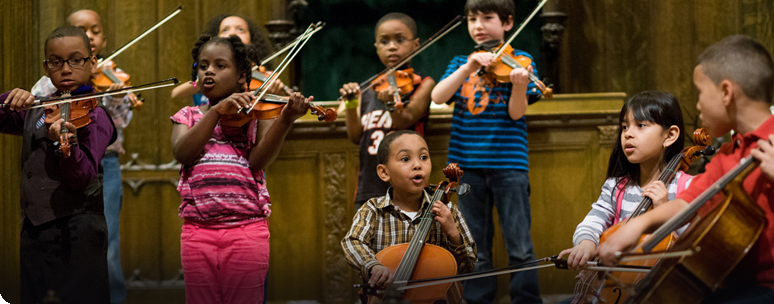Hello to the CMW community. I am reporting from Guangdong, China, where I am enjoying a summer of picture taking, food tasting, and a general appreciation of all that is new. As I explore the streets, I am continually surprised with all the different activities I can see in one day; a mother and child playing, a man selling watermelon slices, rusty old bicycle taxis, sidewalk artists, a group of men gathered around a table playing cards and the occasional miracle glue salesman.
Once in a while I see a street musician and a crowd of people gathered around him or her listening the performance. From all of the things I see here in the course of a day, street music never fails to stop me for a few minutes in my busy life. When I see this, I always think of the efforts of CMW. No matter what language one speaks, everybody can appreciate the beauty of music. For a few minutes of the day, the talents of the street musician gathers strangers, brings them into an experience—an experience that, through sound, silently bonds. As we leave, we all know we have shared and understood something together.
As Community MusicWorks approaches its 10th year, I wish you continued success and I am happy to be a part of your team.
-Don Tarallo, graphic design consultant



